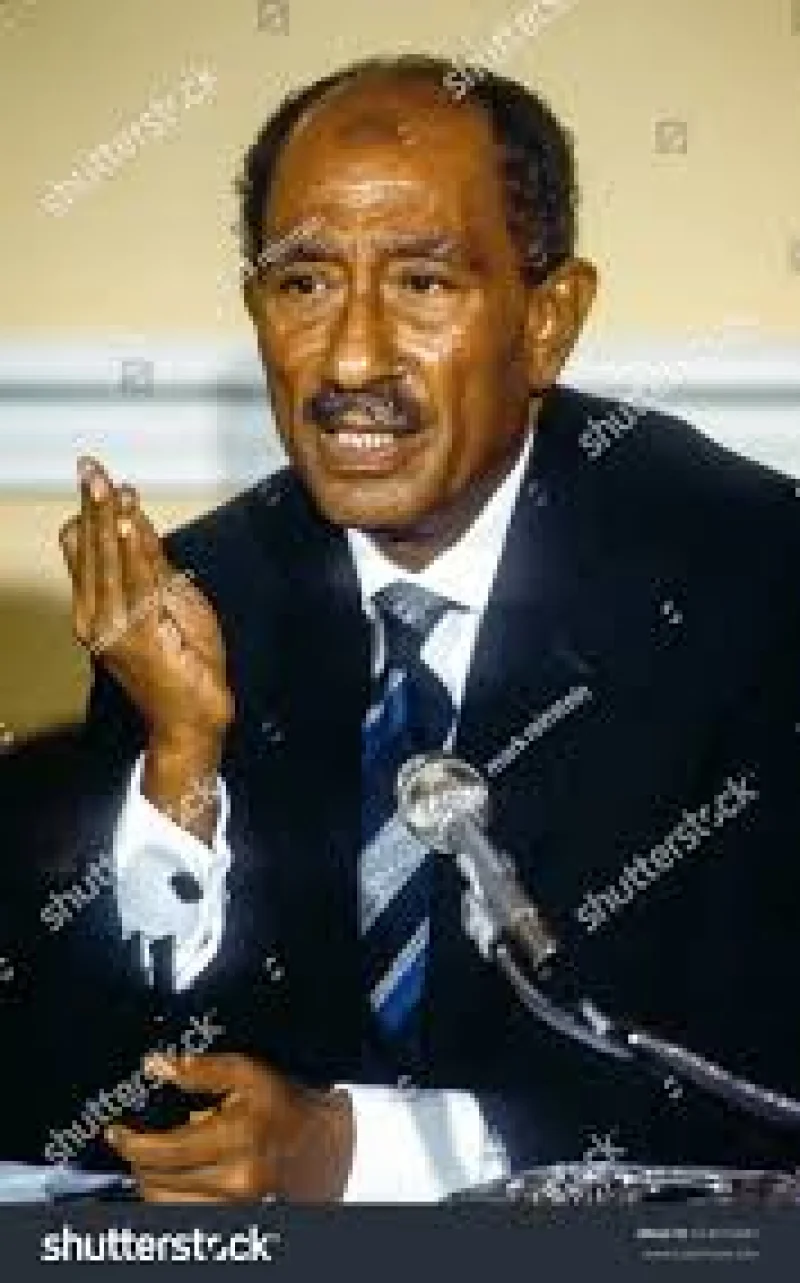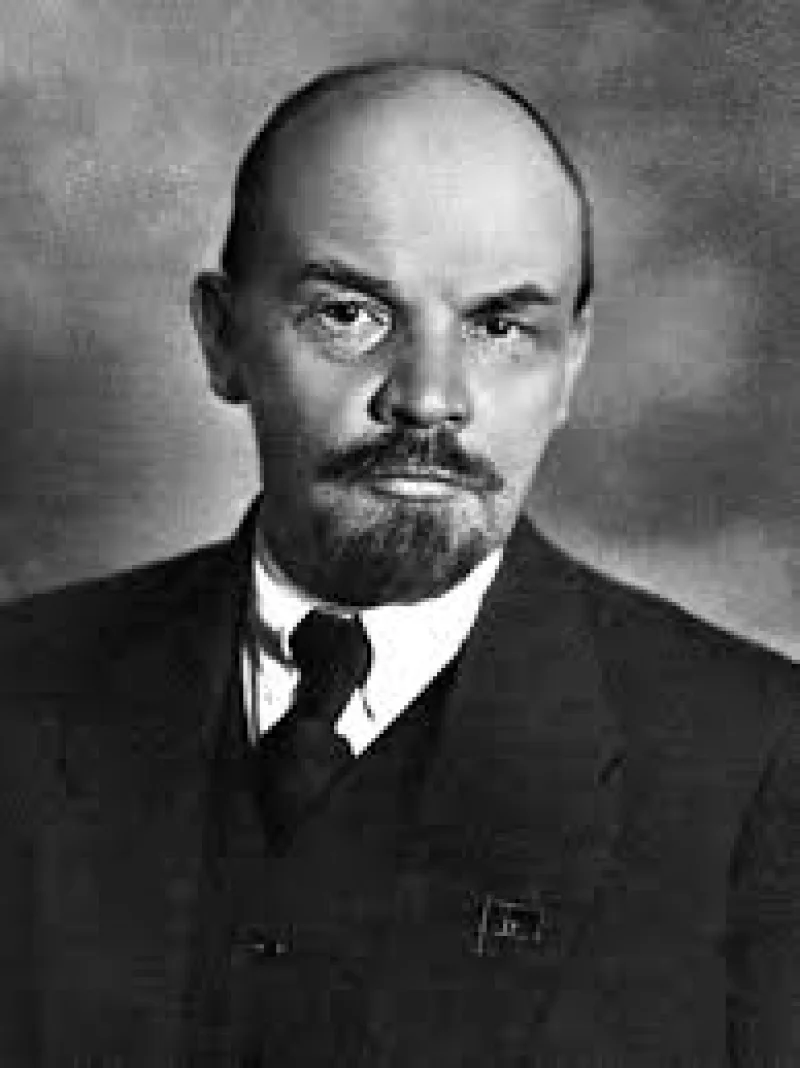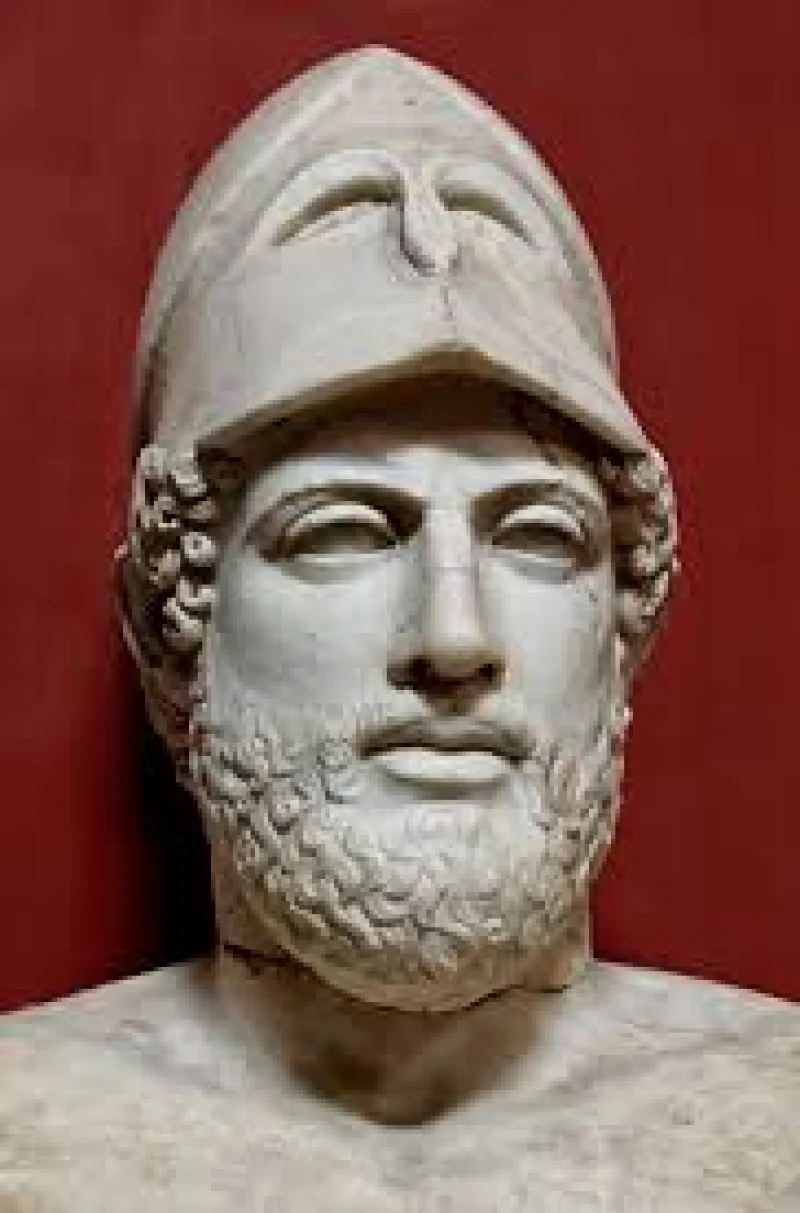Short Summary
Anwar Sadat was a pivotal figure in Middle Eastern politics, serving as the third President of Egypt from 1970 until his assassination in 1981. He is renowned for his role in the Yom Kippur War and for taking historic steps toward peace with Israel, culminating in the Egypt-Israel Peace Treaty, for which he received the Nobel Peace Prize in 1978. Sadat's leadership marked a significant shift in Egyptian and regional politics, leaving a lasting legacy of peace efforts and economic reforms.
Early Life & Education
Born on December 25, 1918, in Mit Abu El Kom, a small village in Egypt, Anwar Sadat grew up in a modest family. His father was a clerk in a local hospital, and his mother was of Sudanese descent. Sadat attended local schools and later enrolled at the Royal Military Academy in Cairo, where he graduated in 1938. His early influences included nationalist leaders such as Mustafa Kamil and Mahatma Gandhi, as well as the writings of Egyptian intellectuals. These influences shaped his political views and commitment to Egypt's independence from British colonial rule.
Career Highlights
Sadat's career began in the military, where he joined the Free Officers Movement, a group that played a crucial role in the Egyptian Revolution of 1952, which eventually led to the end of the monarchy. He held various governmental roles, including Minister of State and Speaker of the National Assembly. In 1970, Sadat became President of Egypt following Gamal Abdel Nasser's death. His presidency was marked by key events such as the October War of 1973 and his subsequent efforts to negotiate peace with Israel, culminating in the Camp David Accords.
Major Achievements
- Led Egypt during the Yom Kippur War, regaining the Sinai Peninsula and boosting national pride.
- Signed the Camp David Accords in 1978, leading to the Egypt-Israel Peace Treaty and winning the Nobel Peace Prize.
- Implemented economic reforms known as "Infitah," opening Egypt's economy to foreign investment and market forces.
Famous Quotes
- "Peace is much more precious than a piece of land."
- "He who cannot change the very fabric of his thought will never be able to change reality."
Interesting Facts
- Sadat was the first Arab leader to officially visit Israel, addressing the Israeli parliament in 1977.
- He was posthumously awarded the United Nations Prize in the Field of Human Rights in 1983.
- Sadat was a journalist and wrote for several publications before entering politics.
Legacy / Influence
Anwar Sadat's legacy is defined by his bold steps toward peace with Israel, which altered the geopolitical dynamics of the Middle East. His efforts paved the way for future peace negotiations in the region. Despite controversies, his leadership is remembered for opening Egypt's economy and fostering diplomatic relations that continue to influence Egyptian and regional policies.
FAQ
Q: Why is Anwar Sadat famous?
A: He is famous for leading Egypt during the Yom Kippur War and for signing the peace treaty with Israel.
Q: What notable award did Anwar Sadat receive?
A: He received the Nobel Peace Prize in 1978 for his efforts in achieving peace with Israel.
Q: How did Anwar Sadat's presidency end?
A: His presidency ended with his assassination on October 6, 1981, during a military parade in Cairo.










